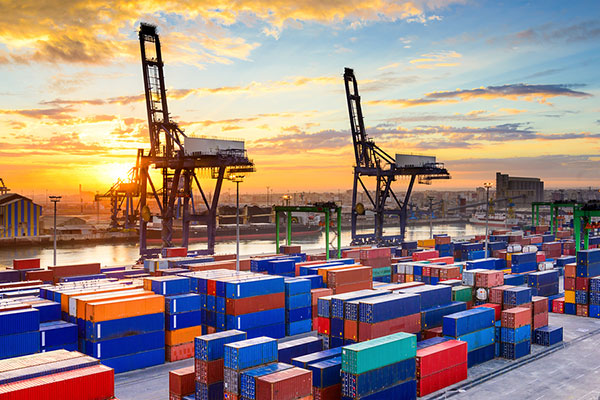The gross domestic product (GDP) of the Emirate experienced a significant boost of 3.5% overall. Specifically, Abu Dhabi’s non-oil GDP saw a remarkable annual growth of 12.3% in the second quarter of this year, reaching a total of Dh154 billion ($41.96 billion). This is the highest growth rate since 2014 and reflects the ongoing efforts of the emirate to diversify its economy.
Furthermore, the total GDP of the emirate for the three-month period ending in June increased by 3.5% on an annual basis. This growth demonstrates the competitiveness and resilience of Abu Dhabi’s economy, enabling it to navigate global economic challenges successfully. These findings were reported by the Statistics Centre Abu Dhabi on Monday.
The momentum of Abu Dhabi’s economy has been driven by non-oil economic activities, which reached a record high of Dh146 billion in the first quarter of this year, according to government data. Additionally, the total real GDP of Abu Dhabi in the second quarter reached a record high of Dh287 billion.
The strong growth of non-oil activities has resulted in the sector’s contribution to GDP increasing to 53.7%, as stated by the Statistics Centre. This data is based on preliminary findings.
Ahmed Al Zaabi, the chairman of the Abu Dhabi Department of Economic Development, emphasized that the continued strong performance of Abu Dhabi’s economy, despite global economic challenges, reaffirms the success of the emirate’s diversification strategy and its ability to adapt to market shifts.
“Our comprehensive strategies, prudent policies, countercyclical measures, and business-friendly ecosystem further enhance Abu Dhabi’s position as a rising economic powerhouse and preferred destination for talents, businesses and investments.”
The emirate remains committed to delivering the objectives of “our Falcon economy to reach new heights of sustainable development”, Mr Al Zaabi said.
Abu Dhabi has launched several initiatives to improve the ease of doing business as it aims to attract more investment into the emirate and diversify its economy away from hydrocarbons.
Last year, the emirate launched a new industrial strategy to boost the contribution of the sector to the economy.The emirate is currently investing Dh10 billion across six industrial programs with the aim of more than doubling the size of its manufacturing sector to Dh172 billion by 2031. The hotels and tourism sector, which plays a significant role in the emirate’s non-oil economic growth, is experiencing rapid expansion. The Department of Culture and Tourism of the UAE capital has stated that the emirate is on track to achieve its target of attracting 24 million visitors this year, a significant increase from the 18 million visitors received last year. Furthermore, the upcoming opening of a new airport terminal next month is expected to enhance the emirate’s capacity and stimulate further growth in international visitors and trade flows, as noted by industry analysts. Abu Dhabi’s economy demonstrated an annual growth rate of 9.3% in 2022, surpassing other countries in the Mena region and reaching a GDP of over Dh1.1 trillion.

